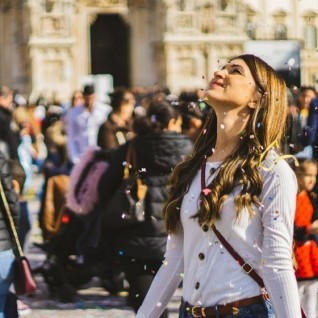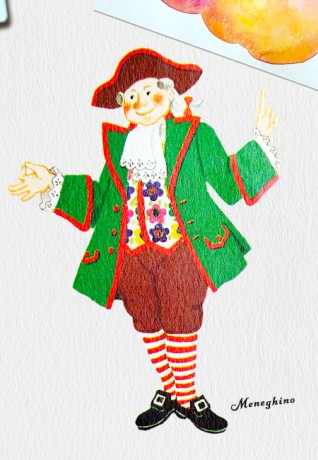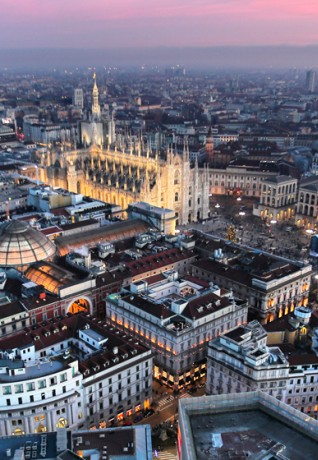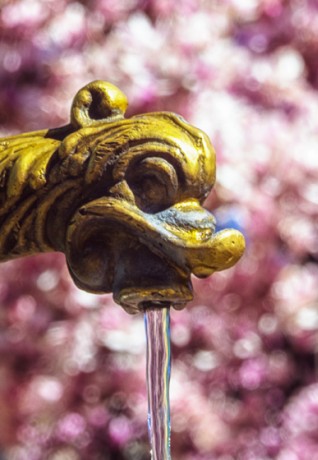Carnival: here's why we celebrate 4 days more than the others
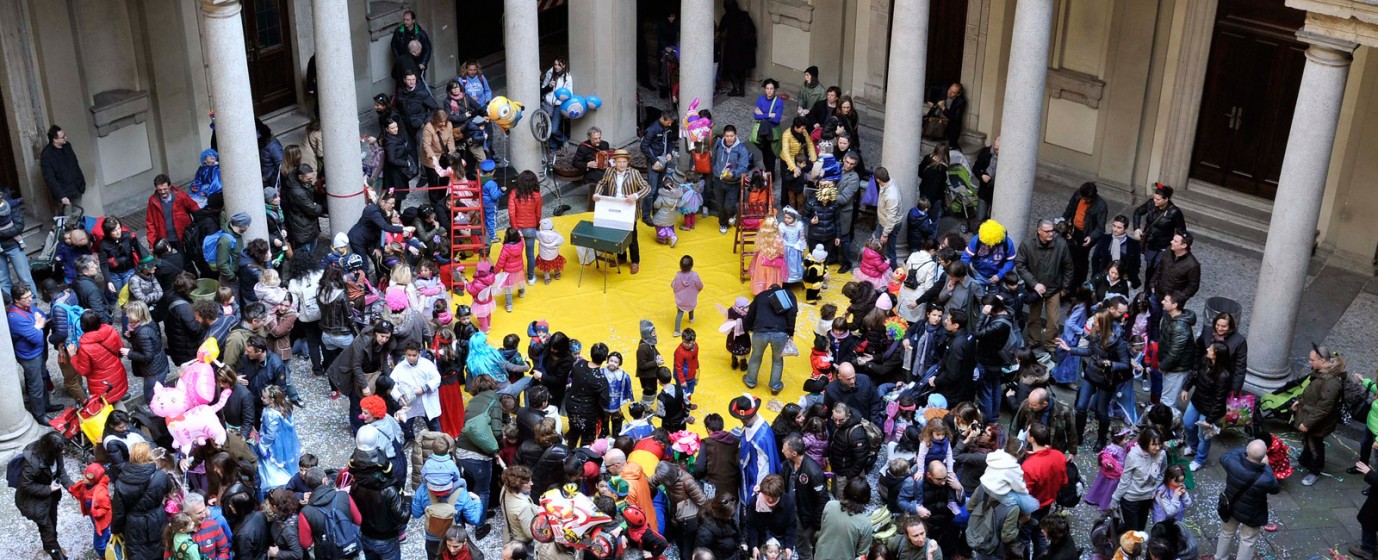
Everyone celebrates Carnival on “Shrove Tuesday”, but we keep on celebrating until Saturday... Here's why!
The Carnival has ancient roots: starting from the festivities in honour of the Egyptian goddess Isis and the Greek "Great Dionysia" in honour of the God Bacchus, up to Saturnalia in the Roman era when their laws in force were suspended. This reversal of rules has led to the tradition of dressing up which is a custom that still exists today and is the most distinctive and entertaining feature of Carnival.
The word "Carnival" comes from the Latin carnem levare, remove the meat, and indicates the period before Lent in which, according to religious tradition, meat is prohibited; so in Roman times they celebrated with carnesciali, huge banquets before the fasting began.
In Milano the last day of Carnival is "Shrove Saturday", four days after the “Shrove Tuesday” celebrated by the rest of Italy. Why?
Different traditions tell the story of the Ambrosian Carnival but its origin is mainly attributed to the Bishop Ambrose of Milano. The best-known tale declares that the bishop was on a pilgrimage and had announced his return to the city to celebrate the first rites of Lent for carnival. The people waited and waited for him, extending the carnival until his arrival four days later, thus, delaying the rite of Ash Wednesday to the following Sunday.
In fact, this long carnival (the so-called Ambrosian "Carnevalone") derives from unaltered compliance with its original length, which was shortened in the VII century. So it is not the Milanese that have lengthened it, but others that have shortened it!
So come and celebrate with us!

 Log in
Log in
